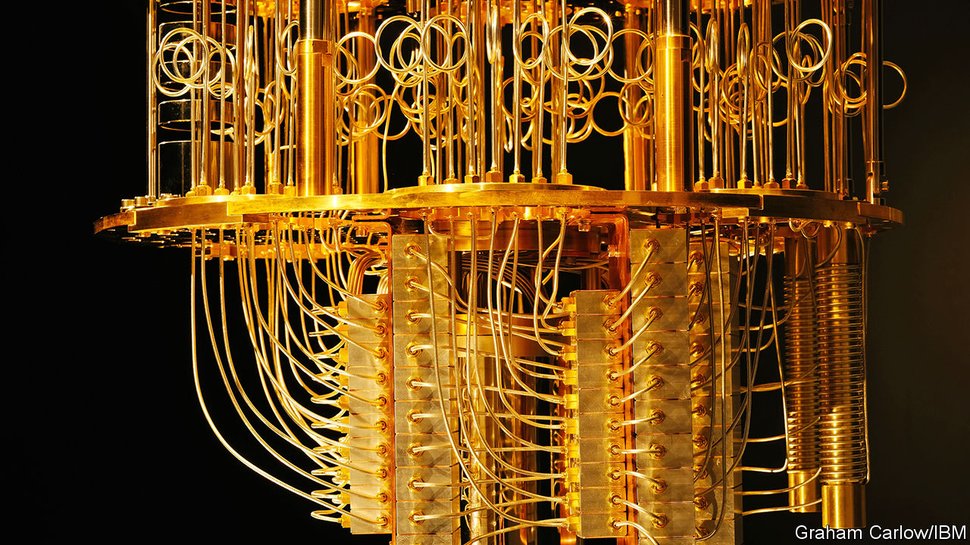Quantum computing: New breakthrough could set the stage for massive speed boost
New discovery will allow for the twinning of classical and quantum computing

Researchers in Japan have made a discovery that could unlock opportunities to combine classical and quantum computing technologies in new ways, resulting in a massive boost in processing power.
Spearheaded by Professor Takahiro Matsumoto of Nagoya City University, the team of researchers was investigating a concept called quantum entanglement, whereby the interaction between multiple particles is such that they can only be described in relation to one another.
Historically, scientists have found it difficult to manufacture quantum entanglement (which is fundamental to quantum computing) due to various engineering and logistical challenges. However, Matsumoto and his team recently observed a phenomenon that could provide the key: an entangled pair of protons on the surface of a silicon nanocrystal.
- Check out our list of the best cloud databases out there
- We've built a list of the best cloud analytics services around
- Here's our list of the best database software available
“Proton entanglement has been previously observed in molecular hydrogen and plays an important role in a variety of scientific disciplines. However, the entangled state was found in gas or liquid phases only,” Matsumoto explained.
“Now, we have detected quantum entanglement on a solid surface, which can lay the groundwork for future quantum technologies.”
Quantum computing breakthrough
According to the research paper, the integration of proton qubits (a basic unit of quantum information) with modern silicon technology “could result in an organic union of classical and quantum computing platforms”.
Reportedly, this could allow for systems with a far larger number of qubits (10^6) than is currently possible (10^2) and thereby boost processing speeds dramatically across supercomputing applications.
Sign up to the TechRadar Pro newsletter to get all the top news, opinion, features and guidance your business needs to succeed!
On the significance of his team’s discovery, Matsumoto explained the new generation of quantum computers could create new opportunities across a wide range of disciplines and use cases.
“Quantum computers can handle intricate problems that are virtually impossible to solve with traditional supercomputers,” he noted.
“[The discovery] could be a game-changer in quantum computing with regard to storing, processing and transferring data, potentially even leading to a paradigm shift in pharmaceuticals, data security and many other areas.”
- Here's our list of the best cloud computing services right now

Joel Khalili is the News and Features Editor at TechRadar Pro, covering cybersecurity, data privacy, cloud, AI, blockchain, internet infrastructure, 5G, data storage and computing. He's responsible for curating our news content, as well as commissioning and producing features on the technologies that are transforming the way the world does business.